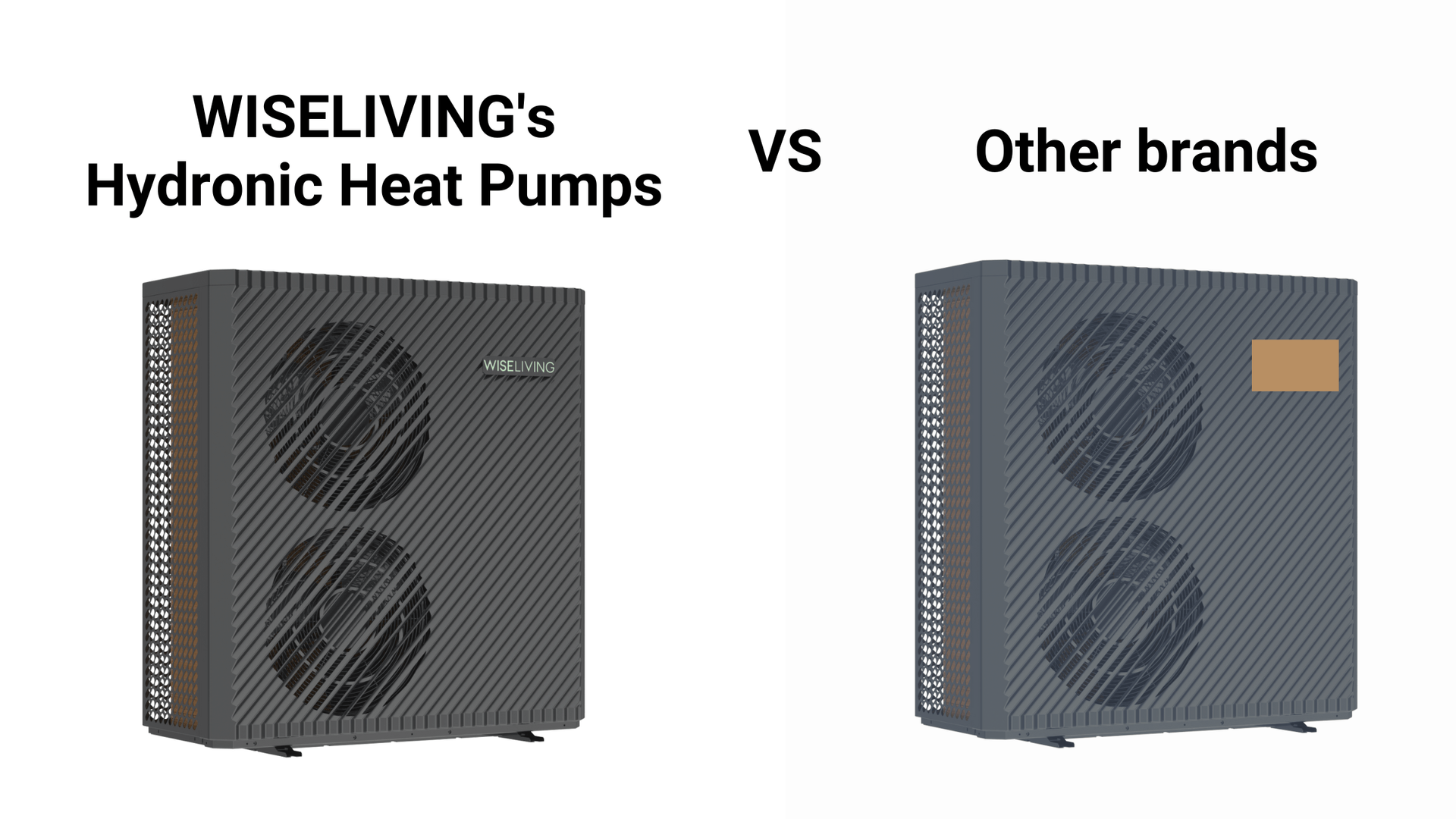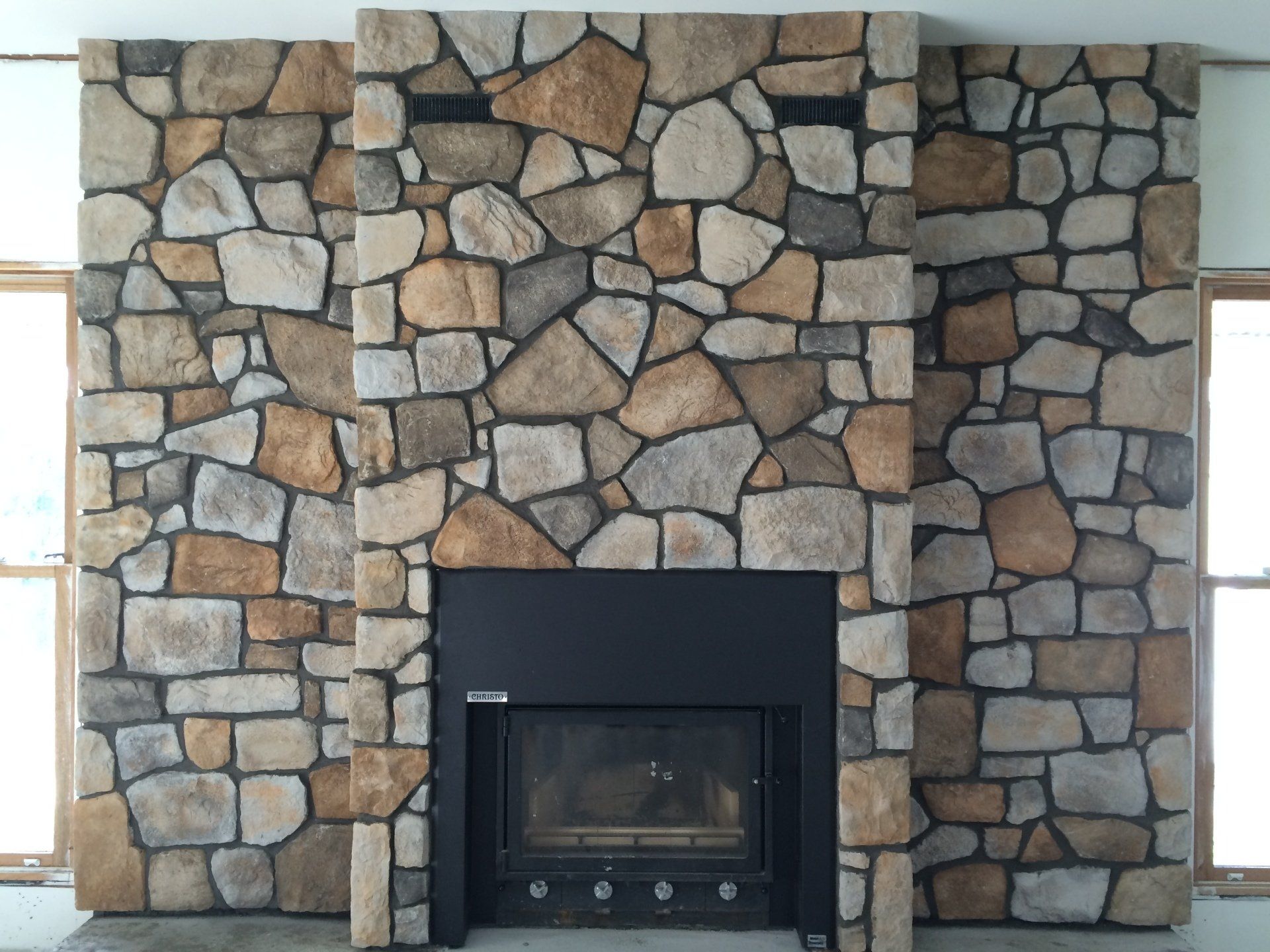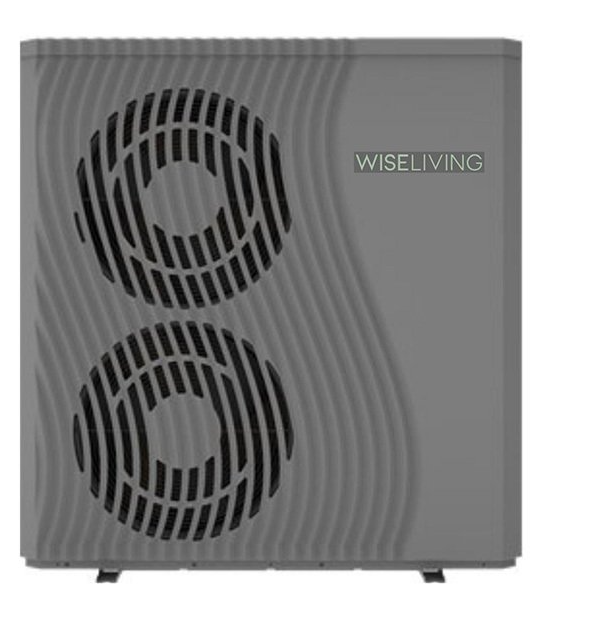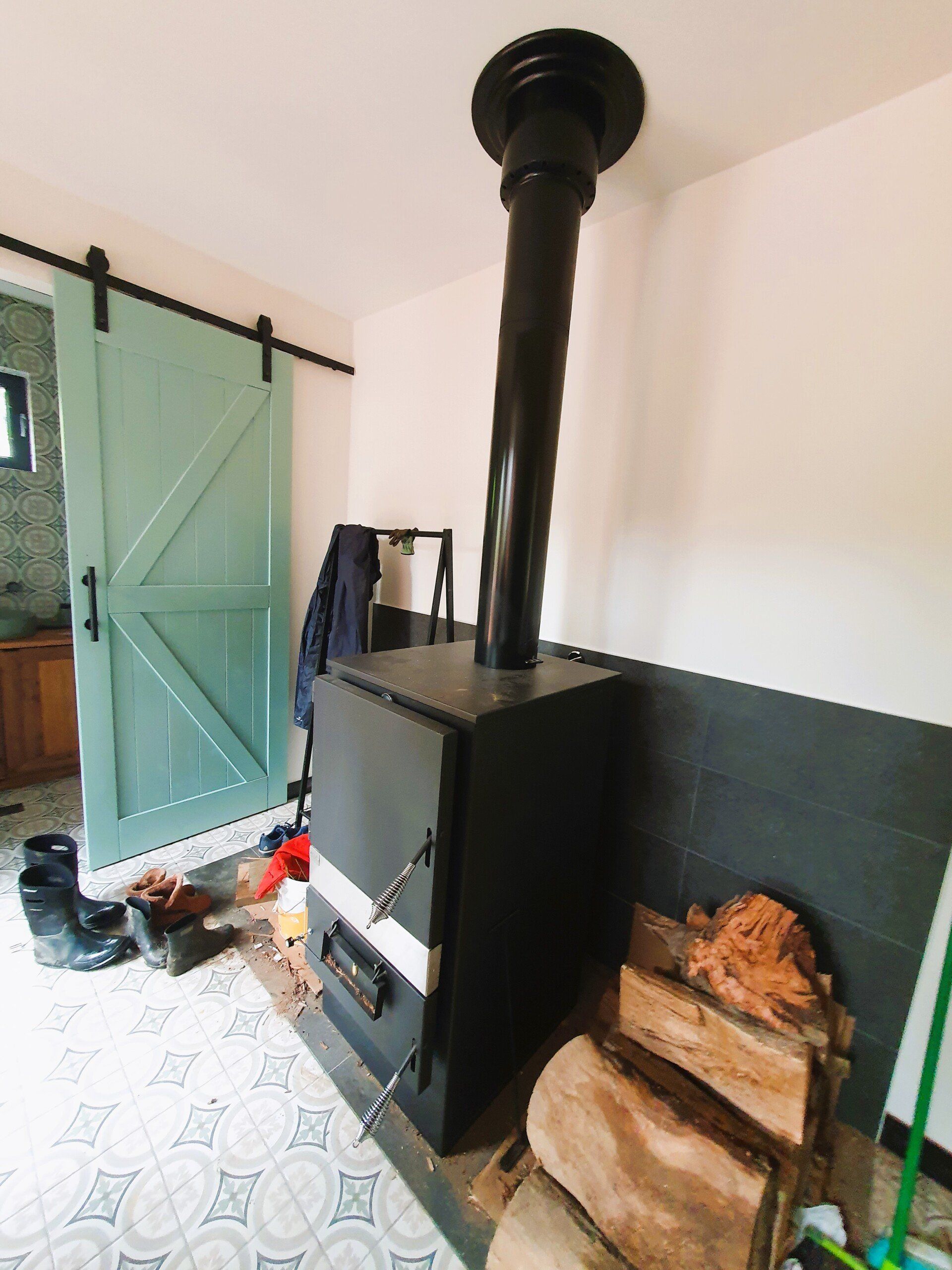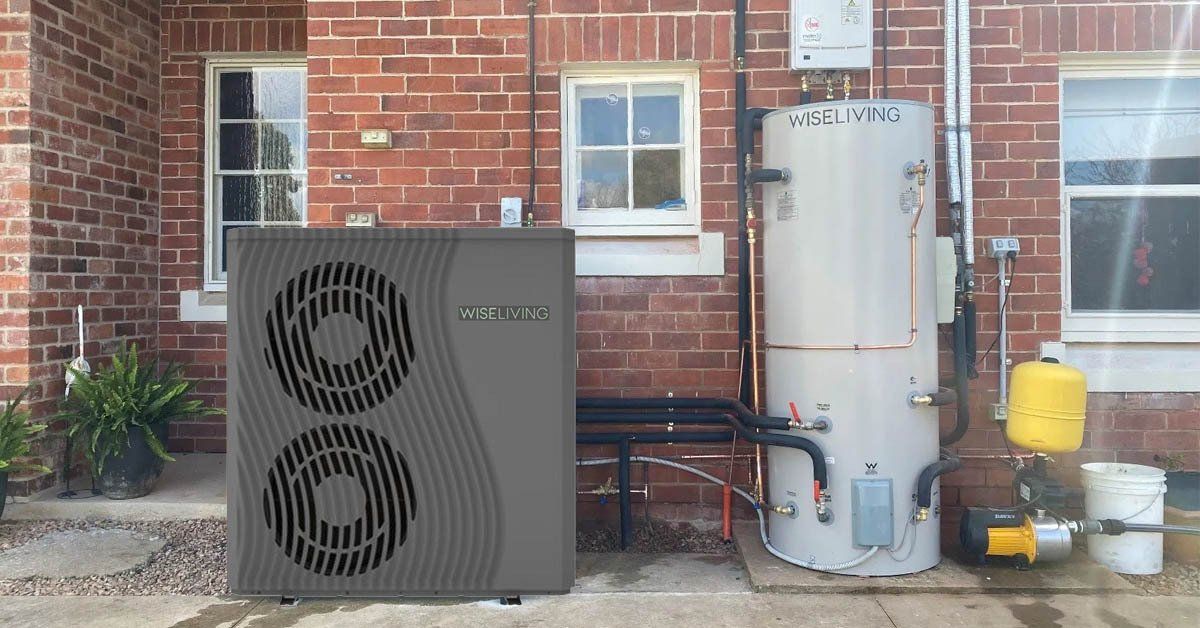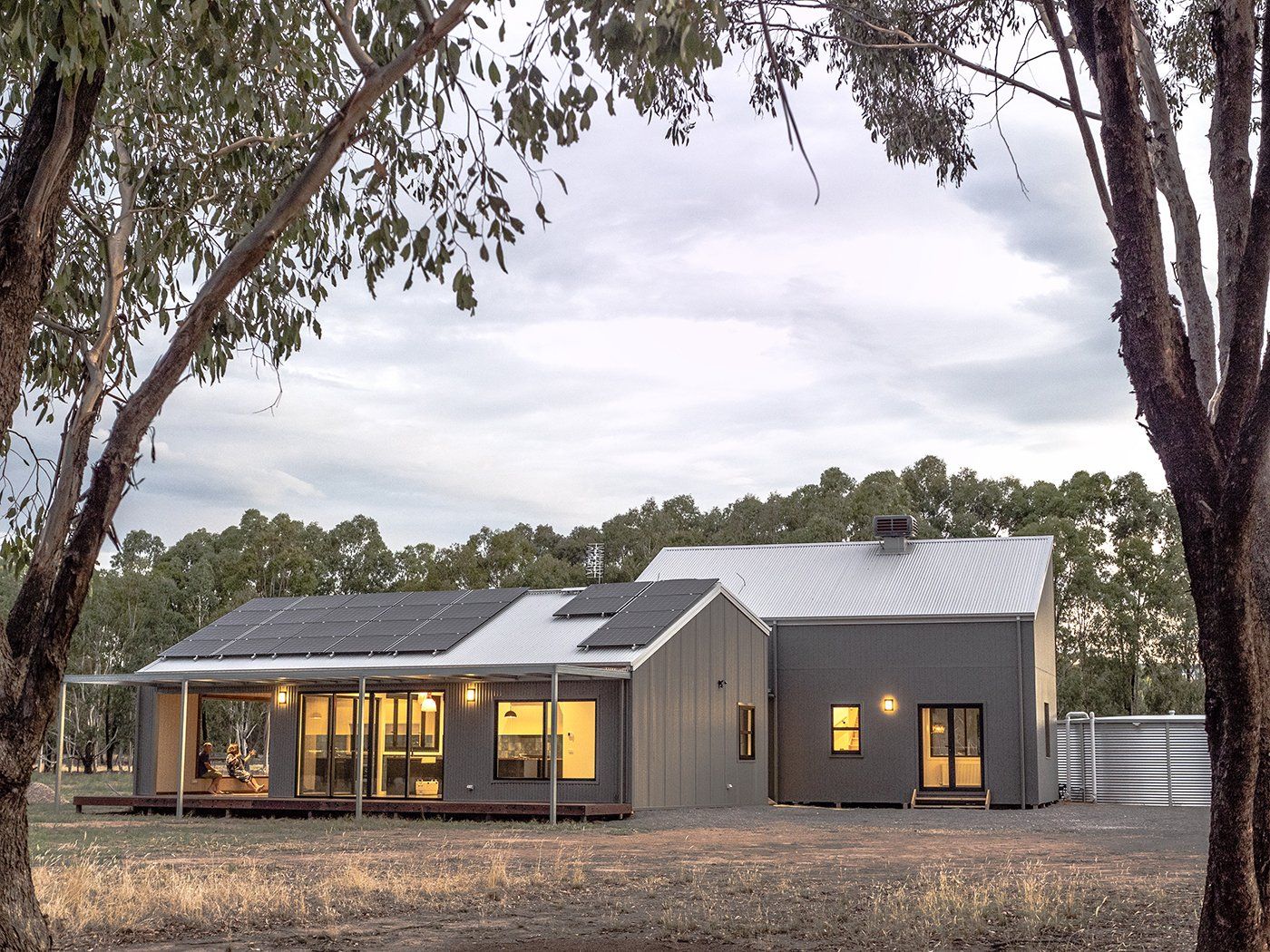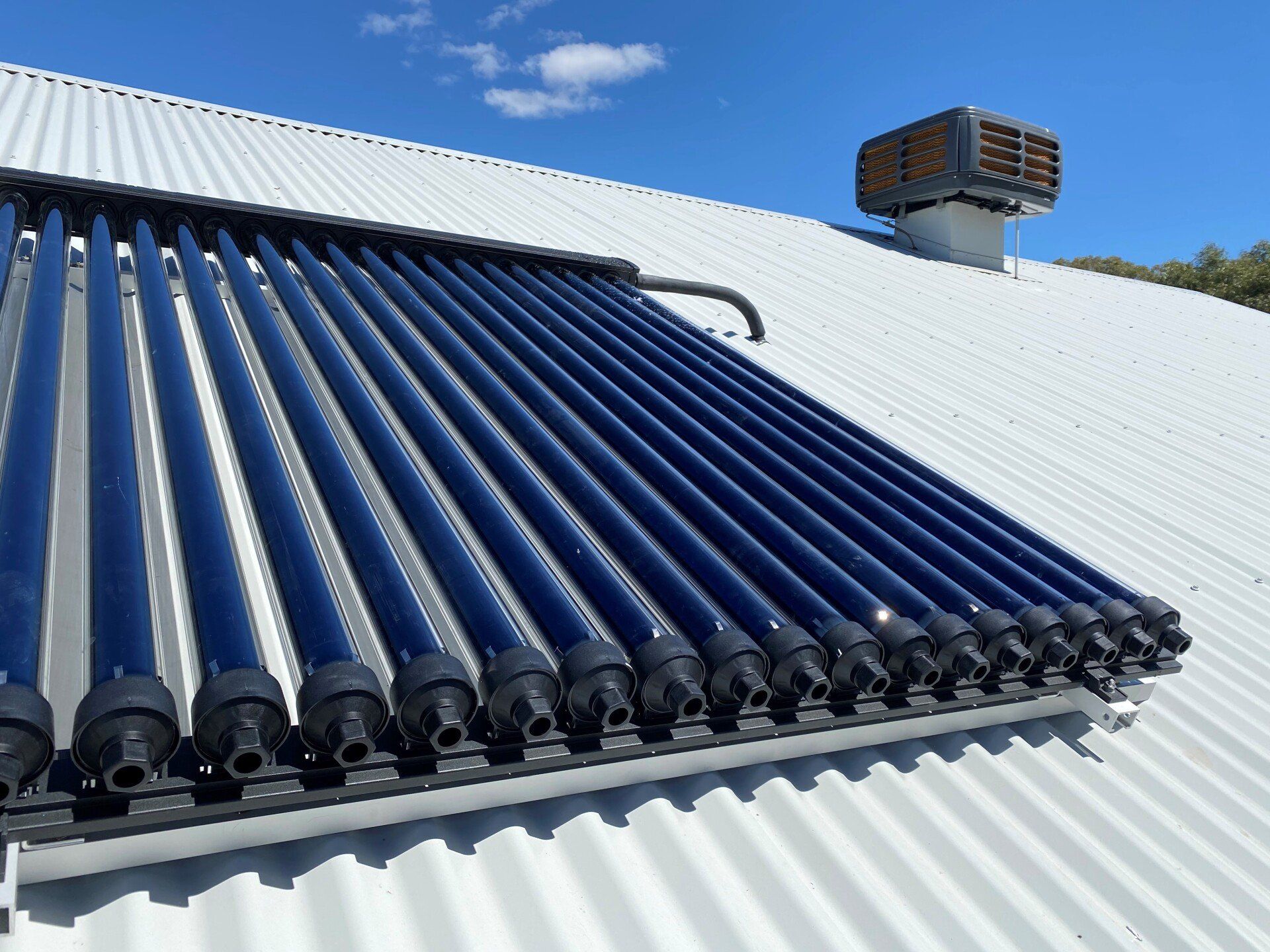Off-Grid Living – Learning How to Live Off the Grid
Off-grid living is becoming more and more popular due to the freedom from reliance on public utilities. Those who have been living off the grid for quite some time have become self-sufficient and learned how to make the most out of natural resources for their daily needs.
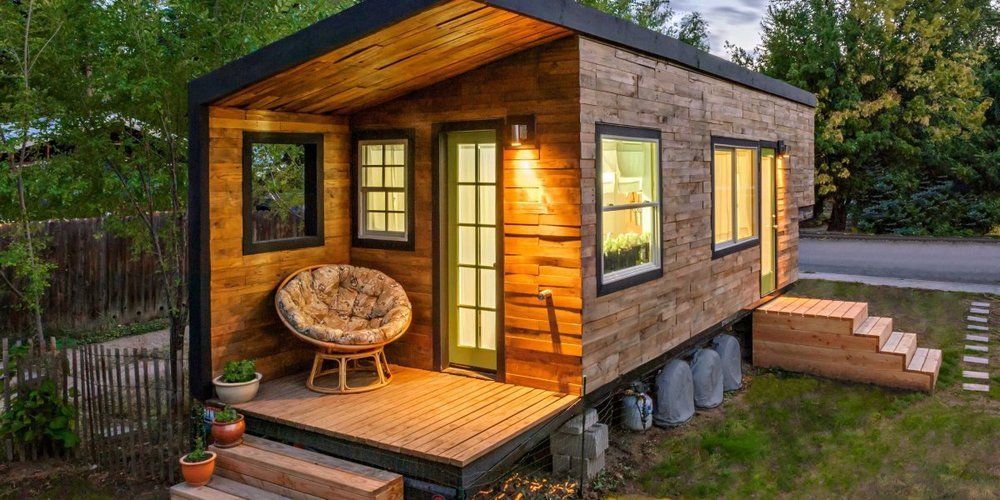
Many people turn to off-grid living due to a variety of factors. Some of these include the rising costs of essential utilities and the unreliability of certain services such as electricity and water, which are prone to get shut off during times of emergencies. For others, living in an off-grid home provides them with the opportunity to follow a truly sustainable lifestyle.
However, keep in mind that living off the grid is not as simple as shutting off your basic utilities or moving to the country. There are a few essential matters that you have to consider first in order to successfully achieve this type of sustainable and self-reliant lifestyle. Through this guide, you’ll be able to learn the basics of how to live off the grid in Australia.
Legal Matters Related To Living Off-Grid
Although living off the grid is not illegal in Australia, there are a few legal matters you have to consider first before adopting this sustainable lifestyle. If you’re planning to convert your home into an off-grid one or relocate to a different land, make sure to check with local regulations first. After all, each town or council area might have its own laws regarding the necessary permits and other requirements related to off-grid living construction.
If following these requirements sounds tedious, you have the option to secure a piece of land that doesn’t require building or living permits. The downside to this option, however, is that no-permit zones are usually located in remote areas that are away from schools, towns and places of work. This isn’t a practical choice, especially if you and your family depend on public and urban facilities for your daily needs.
Factors to Consider
Once you have found the ideal land and location for your off-grid home, you can start planning on handling certain vital factors related to your new lifestyle.
Waste Management
One of these is waste management. Since living off-grid means not being dependent on government or public utilities, your house most likely won’t be connected to the main sewer line. In other words, you have to determine how you will be handling and disposing of waste in your new home. This is an important factor in off-grid living since not having a proper waste management system can cause a risk of disease and illnesses.
Food and Water
Another vital aspect of living off-grid is having reliable and sustainable sources of food and water. Most experts in this type of lifestyle recommend establishing fruit and vegetable gardens and small-scale farming and fishing systems in your property, which would serve as your primary sources of food. As for your water supply, wells (bores) and nearby freshwater streams and rivers are the most common sources of off-grid water.
Power Generation Options
In addition to the factors discussed above, another aspect you have to consider is your home’s source of power and energy. Usually, off-grid homes rely on generators, solar energy, or a combination of both.
Fortunately, due to advances in technology, the cost of generators and solar panels has become significantly more affordable. When it comes to choosing which method to use for your home, make sure to select the one that can provide you with more than enough energy to accommodate your daily needs.
Hot Water Supply
Depending on your location, having a sustainable energy source to create hot water will become a crucial part of your everyday life. According to a report submitted to the Department of Climate Change and Energy Efficiency, heating water is the second-largest energy end-use in Australia’s residential sector. It accounted for an average of 23% of energy consumption in households in 2008. The Department of Industry, Science, Energy and Resources noted that this figure has jumped to around 40% in recent years.
In building your off-grid home, you need to determine how you’ll be able to establish a sustainable method of heating water. Although there are several techniques that you can follow for your hot water needs, probably the most practical and sustainable one for an off-grid home is a solar heating system.
As its name suggests, a solar heating system collects energy from the sun and uses it to create hot water. Solar heating systems with evacuated tubes are efficient when it comes to collecting energy since their cylindrical shape allows them to track the sun for longer periods.
This type of system can also be
used with certain wood stoves and heaters. Aside from providing central heating to your home and taking care of your cooking needs, these integrated systems can also reduce the energy consumption and carbon footprint of your off-grid home. If you are looking to implement these
sustainable systems in your home
WISELIVING can offer you support and guidance in what would work best for you.
